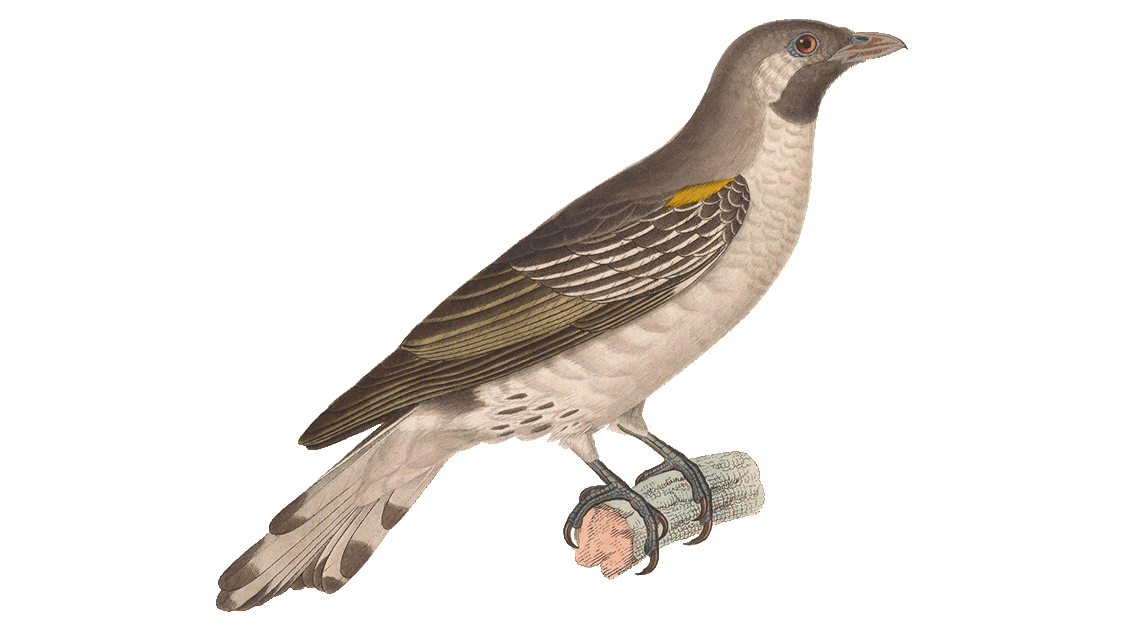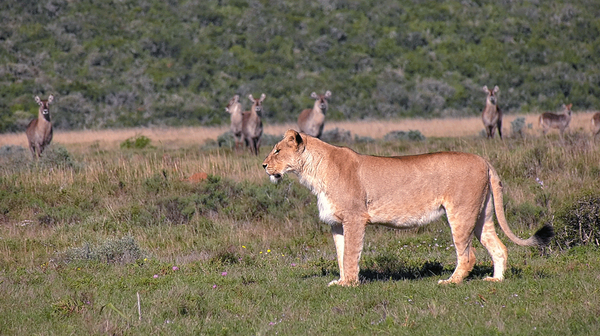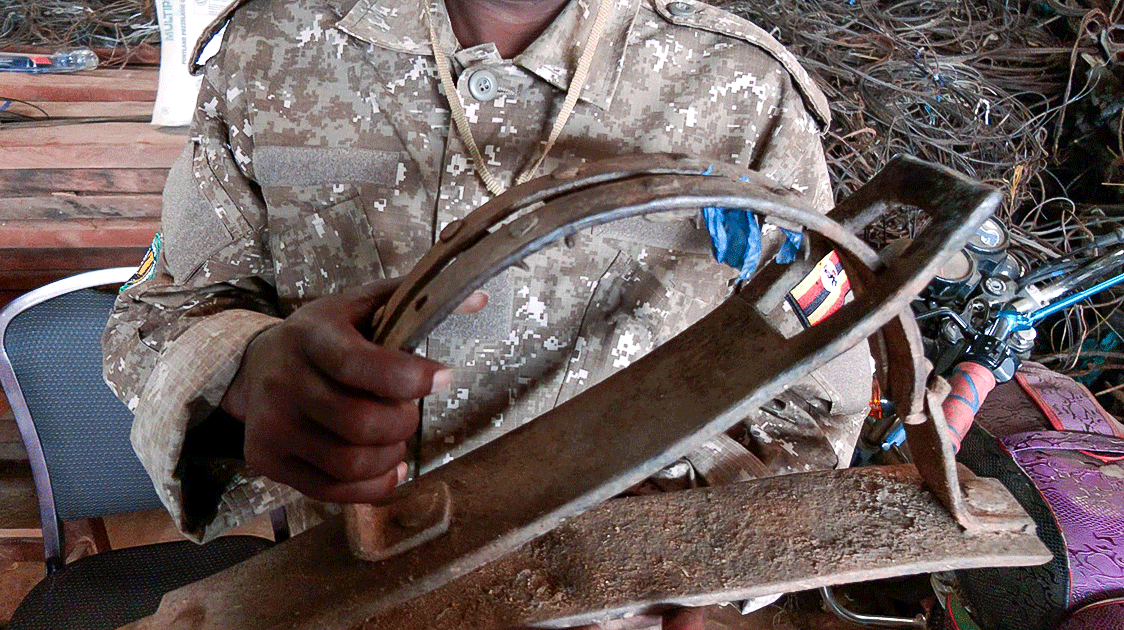Poachers in the Hills - Editorial

In his book “Poachers in the Hills,” Nick Steele weaves the story of game warden Norman Deane’s life in the Hluhluwe Game Reserve, KwaZulu-Natal, South Africa, with his own experiences there. The story begins in March 1956 when Steele arrives as a 22-year-old junior ranger to serve under Deane’s strict, disciplinarian rule.
At the time, the reserve faced serious challenges, over-grazing, bush encroachment, domestic cattle incursions and, with the absence of a functional game fence, relentless bushmeat poaching.
The poaching gangs were sometimes huge, and invariably the poachers outnumbered the game guards. In one instance, the rangers encountered a gang of 60 poachers with 38 dogs. Conditions were tough, but with the unwavering dedication of the Zulu ranger patrols, whom Steele likened to the British Army Gurkhas, Hluhluwe was transformed into one of the best-protected reserves in Southern Africa.
Norman Deane left Hluhluwe in 1965 to start one of South Africa’s first safari hunting operations, Zululand Safaris.
Why Patrol: Anti-Poaching in Action Exists
Patrol: highlights the day-to-day anti-poaching operations in Africa carried out by safari operators, through articles, photography and short documentaries in a monthly report. The purpose is not to glamorise the work, but to show the “behind-the-scenes” grind of this relentless battle and how community involvement and professional ranger teams protect wildlife.
In 1983, shortly before he died of cancer aged 58, Deane bequeathed his diaries and personal papers to Steele, who felt he had been given the journals “in the hope that I would fulfil Norman’s ambition to leave a record of his life in conservation.” Similarly, with Patrol, our goal is to record for posterity the work undertaken by the unsung heroes of African conservation, the safari operators.
If you like this inaugural edition of Patrol, please forward the report to those who may be interested.
FAQs
1. What is “Poachers in the Hills” about?
It’s a book by Nick Steele that tells the story of game warden Norman Deane’s life and struggles protecting Hluhluwe Game Reserve in the 1950s and 60s.
2. Who was Norman Deane?
Norman Deane was a strict but dedicated game warden in KwaZulu-Natal who played a key role in defending wildlife from poaching and later founded Zululand Safaris.
3. What challenges did Hluhluwe Game Reserve face in the 1950s?
The reserve battled over-grazing, bush encroachment, cattle invasions, and large poaching gangs, some with dozens of hunters and dogs.
4. What is the purpose of Patrol?
Patrol documents the everyday fight against poaching by safari operators and rangers, highlighting their crucial role in protecting Africa’s wildlife.
5. Why are community rangers important in anti-poaching efforts?
Zulu ranger patrols, described as the “Gurkhas of Zululand,” were vital in protecting the reserve, showing how community involvement is key to conservation success.




